Witold Urbanowicz: 303 Squadron Fighter Ace & Commanding Officer

Born March 30, 1908, at Olszanka near Augustów, Poland, Witold Urbanowicz was trained at the Polish Air Force Academy at Dęblin, initially as a navigator. After advanced training, he was posted to fighter squadrons. In 1936, he returned to Dęblin as an instructor.
When the Germans invaded Poland in September 1939, Urbanowicz fought within the so-called Dęblin Group. He then nursed his entire group of some fifty cadet-officers through Romania and by sea to Marseilles, joining the Allies in France to continue the fight against the Germans.

Urbanowicz was one of the first Polish pilots to volunteer for training in Britain, arriving in January 1940 during the “Phony War” period, before the Germans launched their spring offensive—between April and June 1940, when they quickly defeated Norway, Denmark, Luxembourg, the Netherlands, Belgium, and finally France.
During the Battle of Britain, Urbanowicz was first posted to various RAF fighter squadrons, but on August 21, 1940 he was posted to 303 Squadron as ‘A’ Fight commander. On September 7, after Squadron Leader Zdzisław Krasnodębski was seriously wounded in combat, Urbanowicz assumed command of the squadron.

Urbanowicz was the top-scoring Polish fighter pilot in the Battle of Britain, credited with 15 aerial victories, plus one probable destroyed.
As the height of the Battle of Britain passed, Urbanowicz was posted to a number of leadership and diplomatic positions—Polish Liaison Officer to HQ No. 11 Fighter Group (responsible for defense of southeast Britain); the first commander of the 1st Polish Fighter Wing at Northolt, West London; the Polish Mission in Canada, recruiting Americans of Polish descent to join the Polish Air Force and lecturing on fighter tactics in the U.S.; back in Britain, as an instructor in No. 16 (Polish) Service Flying Training School; deputy air attaché at the Polish Embassy in Washington, D.C.
In September 1943 Urbanowicz accepted the invitation from American General Claire Chennault to fly at the Chinese–Japanese front, where he flew combat missions with various American fighter squadrons. During his time in the Pacific, Urbanowicz added destruction of two more enemy aircraft to his wartime combat record. He is probably the only Polish fighter pilot to have fought in both the European and Pacific Theaters of World War II.
In early 1944, he returned to Britain where he was posted for staff duties, but by August 1944 Urbanowicz was once again at the Polish Embassy in Washington, D.C., as air attaché. He remained in this post until July 1945, when the Allies withdrew recognition of the Polish government-in-exile in favor of the Soviet-backed Polish communist government.
Rather than return to a communist Poland after the war, Urbanowicz emigrated to the U.S. where he worked in the aircraft industry.

In 1995, after the fall of communism in Poland, Urbanowicz was promoted to General of the Polish Air Force. The following year, he visited 1 Pułk Lotnictwa Mysliwskiego ‘Warszawa’ (1st Fighter Regiment ‘City of Warsaw’) on the 75th anniversary of the original 1 Pułk Lotniczy in Warsaw, with which he had served before the war. Having finally come ‘home’ after 50 years, Urbanowicz gave his blessing to the young Polish fighter pilots in a heart-warming ceremony. He then returned to the U.S., dying a few months later on August 25, 1996, and is buried in Doylestown, Pennsylvania.

Urbanowicz was awarded the Silver Cross of the Virtuti Militari, the Cross of Valor and three bars, and the British Distinguished Flying Cross. He has written several books about his experiences, and is the subject of a Polish-language biography.
Smithsonian’s Air & Space Magazine excerpted a section from 303 Squadron, which describes Urbanowicz’s experience dealing with the phlegmatic British soldier, as he was trying to get his Hurricane refueled amidst the height of battle on September 7, 1940:

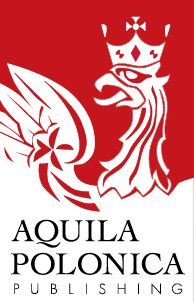
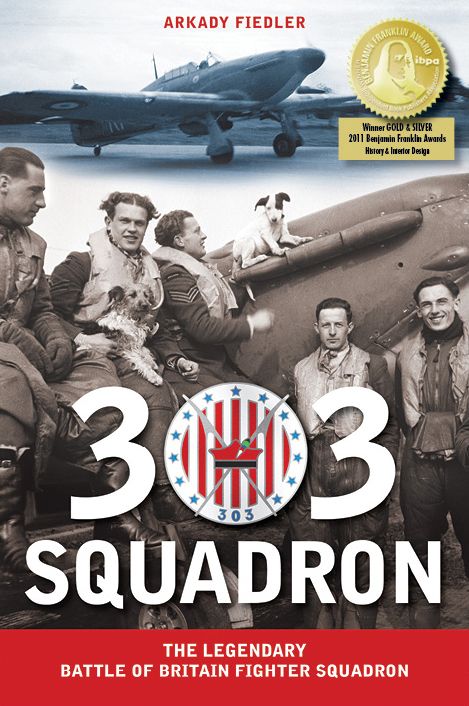
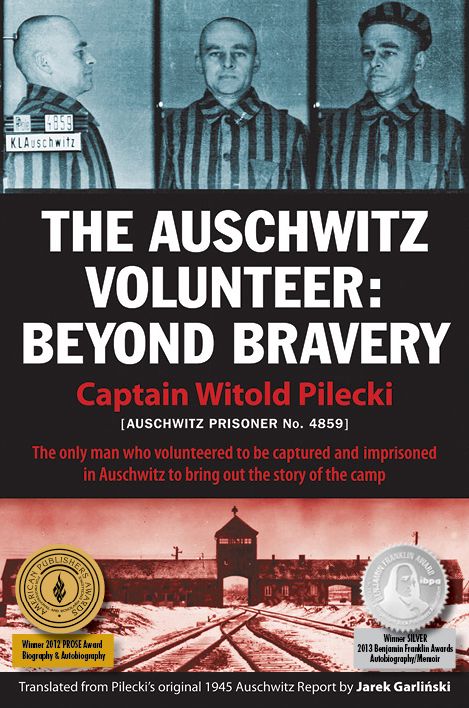
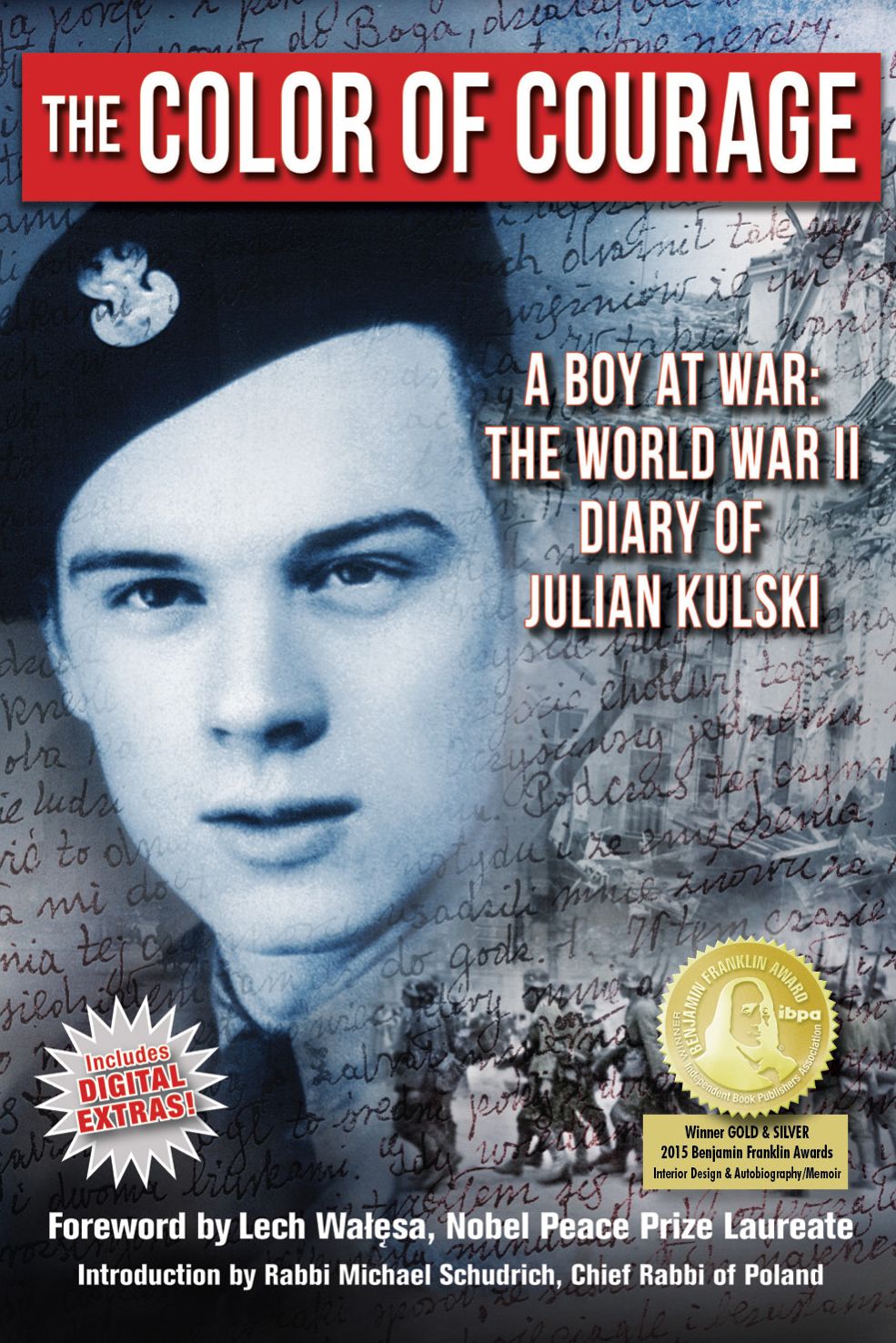
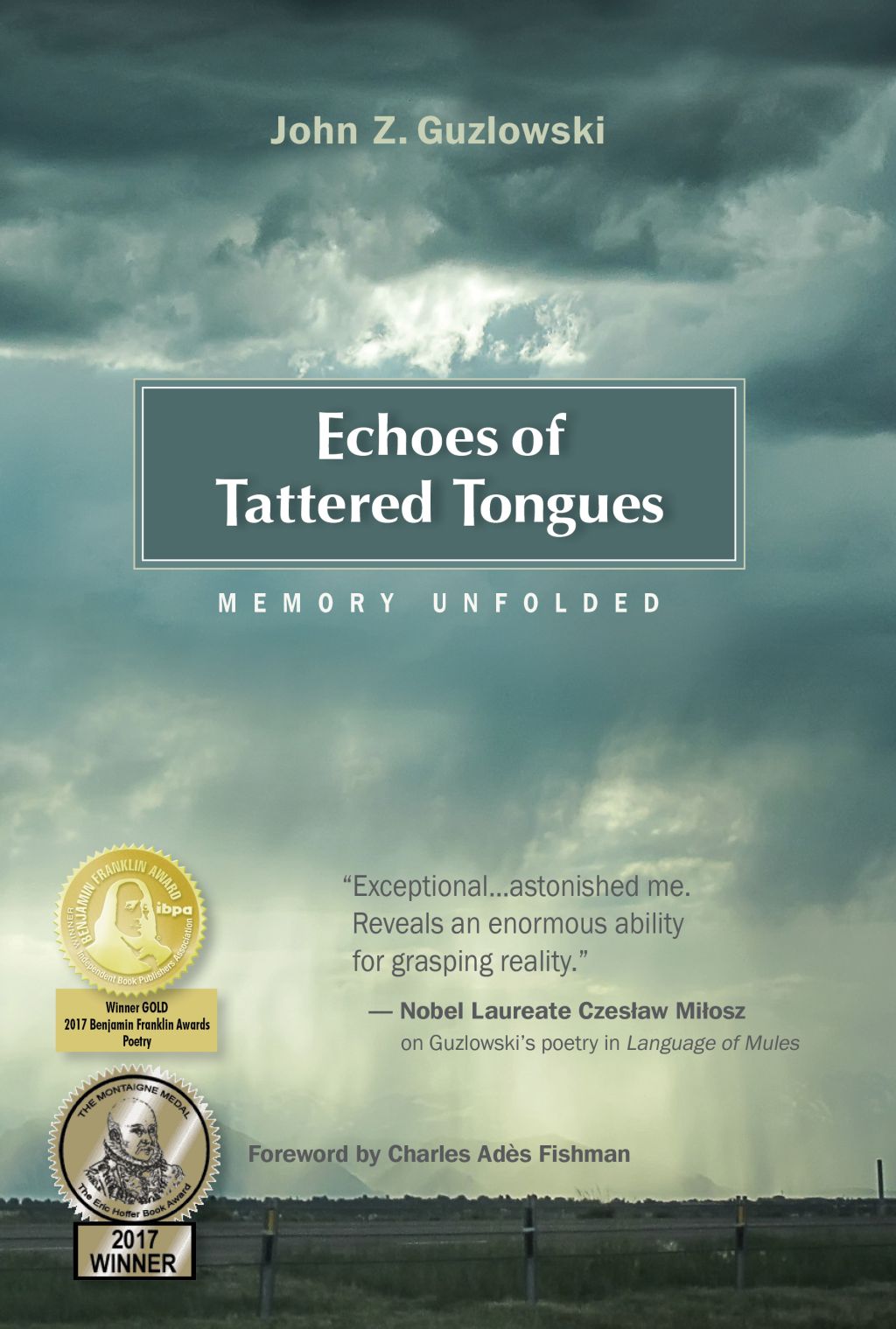
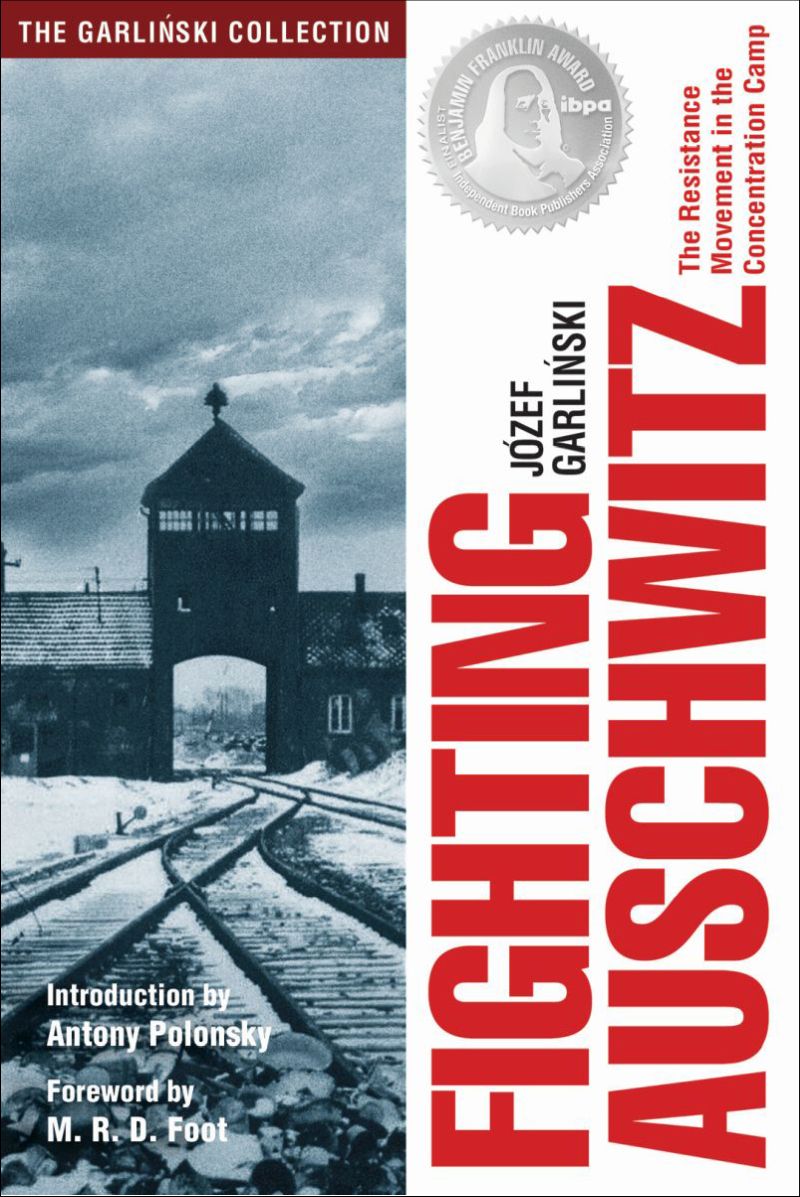

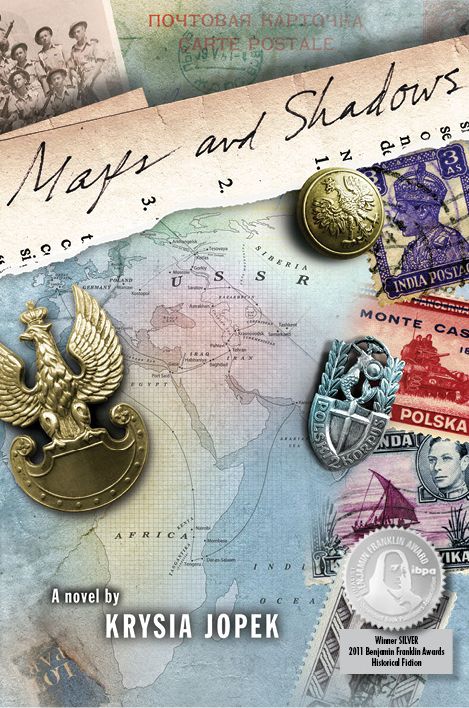
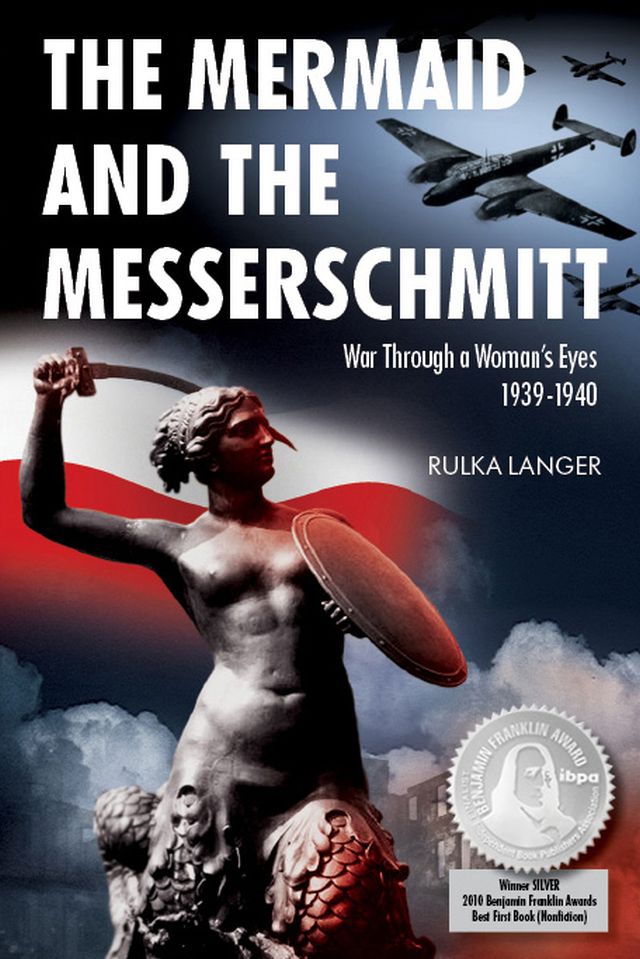

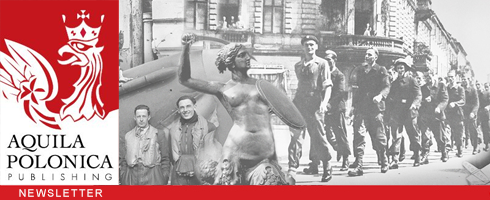
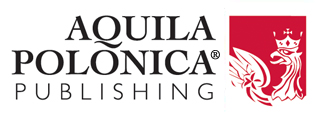
No comment yet, add your voice below!